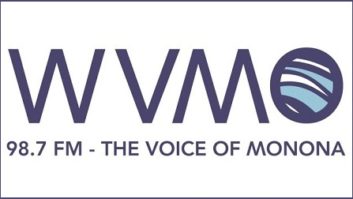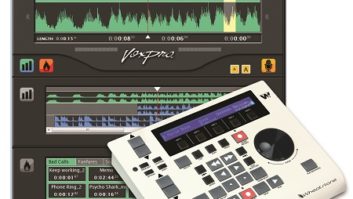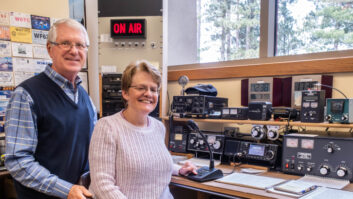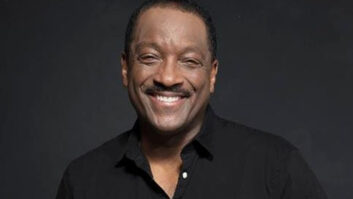After a period of relative public quiet on both sides on the performance royalty issue, supporters of a royalty — what some broadcasters describe as a tax — called attention to the support of another “name.”
The Rock and Roll Hall of Fame is on board with the idea that radio stations should pay a performance royalty. The musicFirst coalition distributed a statement from Joel Peresman, president and CEO of the Rock and Roll Hall of Fame Foundation supporting “equitable compensation of performers”:
“The Rock and Roll Hall of Fame exists to honor the cultural contributions of artists and the music they’ve created. We’re encouraging Congress, musicians and the recording and broadcasting industries to come together to bring the U.S. copyright laws to the same standards of equity that exist in most countries.”
The organization’s president/CEO, Terry Stewart, added, “The Rock and Roll Hall of Fame is advocating a simple proposition: that everyone should be paid for their work. Our hope is that this issue can be resolved in such a manner that is fair and equitable to artists and broadcasters alike.”
NAB spokesman Dennis Wharton said in response: “It’s puzzling that the Hall has sided with RIAA in the performance tax fight, given the record labels’ historic abuse of artists and the fact that the labels would pocket 50 percent of the proceeds from a devastating new fee on radio stations. The reality is that free radio airplay helped turn rock and roll into the cultural phenomenon that it is today. Broadcasters are proud of the fact that free and local radio stations launched and nurtured the careers of countless musicians, and we’re hopeful that Congress does not jeopardize the primary platform for exposing new music.”
The NAB has said it has wide support in Congress for its position that a new royalty, beyond what is already paid to publishers and composers, would be both unfair and unduly burdensome. NAB has said it is music labels that are taking undue advantage of musicians.











